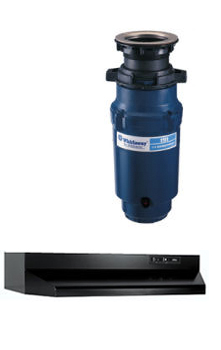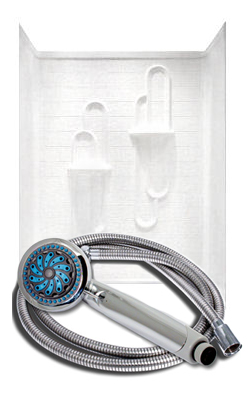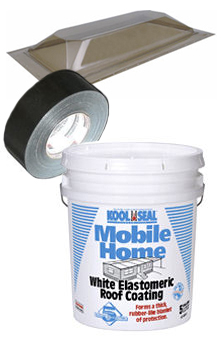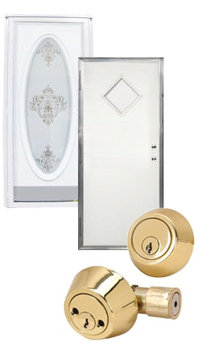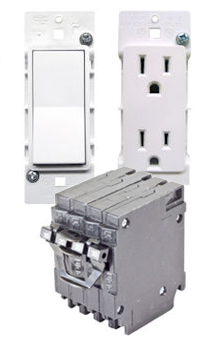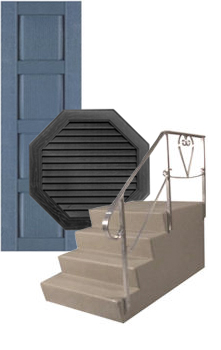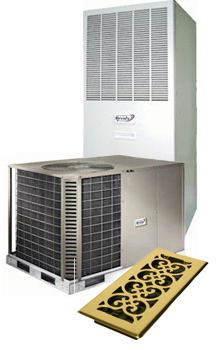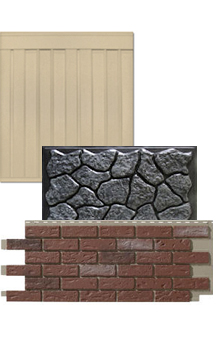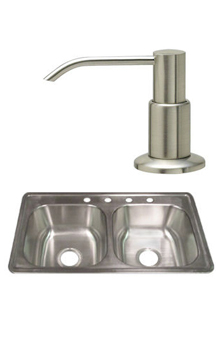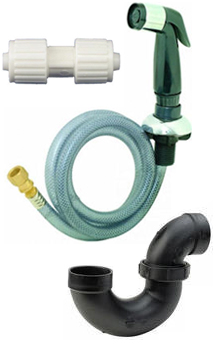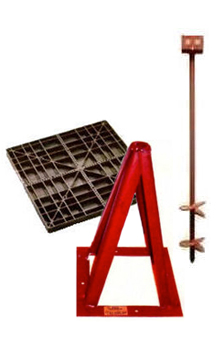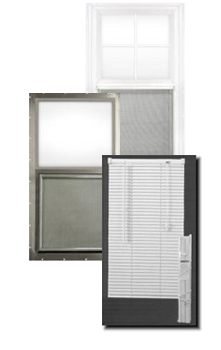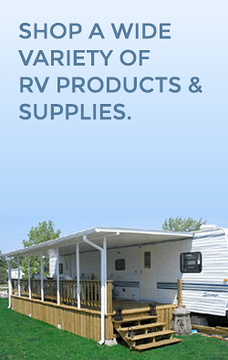
Living in a mobile home can be cozy and convenient, but just like any home, keeping the air fresh and clean is key to staying healthy and comfortable. Poor indoor air can lead to various problems, from feeling sick to making your home feel stuffy. Let’s explore why good air quality matters, where indoor pollution comes from, how to spot poor air quality, and, most importantly, how to improve the air in your mobile home.
Why Good Air Quality Matters
Did you know that Americans spend about 90% of their time indoors? That’s a lot of time breathing the same air! When we’re inside, especially in enclosed spaces like mobile homes, the air can fill up with particles and pollutants, lowering the quality of the air we breathe.
Breathing in these pollutants over time can lead to various health issues, including:
- Respiratory Problems: Asthma and allergies can get worse.
- Headaches and Fatigue: You might feel tired or develop headaches more often.
- Eye, Nose, and Throat Irritation: Your eyes, nose, or throat might feel itchy or sore.
- Serious Health Issues: Long-term exposure can lead to more severe problems like heart disease or lung cancer.
Some groups are more at risk, like those with existing lung conditions such as asthma, young children, and people in areas with high poverty rates or limited access to healthcare. Keeping the air clean isn’t just nice—it’s a must.
Where Does Indoor Pollution Come From?
Indoor air pollution can sneak into your mobile home from several sources, such as:
- Cooking and Heating Appliances: Gas stoves, ovens, and heaters can release harmful pollutants like carbon monoxide and nitrogen dioxide.
- Household Cleaners and Chemicals: Many cleaning products have chemicals that evaporate into the air, causing respiratory issues.
- Smoking: Tobacco smoke contains harmful chemicals that can linger in the air and on surfaces.
- Pets: Pet dander, hair, and odors can contribute to poor air quality.
- Mold and Mildew: These grow in damp areas and release spores into the air, triggering allergies and respiratory problems.
How to Spot Bad Air Quality
It’s important to know when your air quality isn’t up to par. Watch out for these signs:
- Frequent Allergy Symptoms: If you or your family are constantly sneezing, coughing, or have itchy eyes, it could be due to indoor air pollutants.
- Musty or Unpleasant Odors: Persistent smells that don’t go away with cleaning can indicate mold or other pollutants.
- Excess Dust and Dirt: A buildup of dust on surfaces and around vents can be a sign of poor air quality.
- Visible Mold: Mold growth on walls, ceilings, or damp areas is a clear indicator of air quality issues.
If you notice any of these signs, it’s crucial to take action and improve your mobile home’s indoor air quality.
How to Improve Mobile Home Air Quality
Now that we know why good air quality is important and where pollution comes from, let’s talk about how to make the air in your mobile home cleaner and fresher.
Mobile Home HVAC Systems
Your mobile home’s heating, ventilation, and air conditioning (HVAC) system plays a big role in air quality. Here’s what you can do:
- Duct Cleaning and Sealing: Dust and debris can build up in your ducts, making the air less clean. Have your ducts professionally cleaned and sealed every 3-5 years.
- Regular Maintenance: Schedule check-ups for your HVAC system to ensure it’s working smoothly. Change filters regularly to keep the air clean.
- Upgrading Your System: Consider upgrading to a high-efficiency HVAC system like Nordyne’s Electric Furnaces that provides better ventilation and air filtration.
Exhaust Fans
Exhaust fans are great for getting rid of stale air and pollutants:
- Kitchen Exhaust Fan: Use this fan to remove smoke, steam, and odors while cooking.
- Bathroom Exhaust Fan: Run the bathroom fan during and after showers to reduce humidity and prevent mold growth.
Humidity Control Solutions for a Balanced Environment
Keeping the right humidity levels is essential for comfort and health. Too much humidity can lead to mold, while too little can cause dry skin and make breathing difficult.
Here’s how to manage it:
- Dehumidifiers: Use dehumidifiers in damp spots like bathrooms to keep mold away and reduce dust mites.
- Humidifiers: During dry winter months, use a humidifier to keep the air moist, which helps with breathing, skin, and even reducing static electricity.
Mobile Home Windows
You can also boost the airflow in your mobile home from the outside. If the air quality in your area is sound, try to let in as much fresh air as possible by opening doors and windows. If that’s not an option, consider using air filtration systems along with Ventline range hood for appliances like stoves. Just remember to replace the filters every few months to keep everything running smoothly and safely.
Using fans inside your home can also help improve ventilation. Place a fan near an open window to push out pollutants or turn on a ceiling fan to keep the air moving, even if your windows are closed.
Mobile Home Sealing and Waterproofing
Sealing and waterproofing your mobile home can improve air quality by keeping out moisture and pollutants.
Start by checking for cracks or gaps around walls, windows, and doors. Use caulk or weatherstripping to seal them up, which helps block drafts and keep moisture out. Ensure your home is waterproofed to avoid leaks and dampness, which can lead to mold and mildew. Pay close attention to the roof, windows, and foundation for any signs of water damage.
Focus on these key areas:
- Air supply ducts
- Water heaters
- Exhaust fans
- Light fixtures
- Underbelly
Extra Tips for Better Air Quality
Here are some more tips to keep the air in your mobile home fresh and clean:
- Use Air Purifiers: Air purifiers with HEPA filters can help remove airborne particles and allergens.
- Houseplants: Certain houseplants, like spider plants, peace lilies, and snake plants, can naturally filter and purify the air.
- Reduce Chemical Use: Opt for natural cleaning products and cut down on chemical cleaners and air fresheners.
- No Smoking Indoors: Avoid smoking inside your mobile home to prevent harmful chemicals from polluting the air.
Conclusion
Keeping the air quality in your mobile home top-notch is essential for a healthy and comfortable living environment. By addressing common indoor pollution sources, recognizing the signs of poor air quality, and implementing practical solutions like optimizing your HVAC system, using exhaust fans, controlling humidity, and sealing your home, you can breathe easier and enjoy a cleaner, fresher home. Remember, good ventilation is key to good air quality, so keep your home well-ventilated and regularly maintain your HVAC system for the best results.
By following these tips, you can create a healthier and more comfortable living space for you and your family.
Tags: bathroom exhaust fan, exhaust fans, Exhaust Fans & Parts, mobile home, mobile home exhaust fan, mobile home ventilation, ventilation


